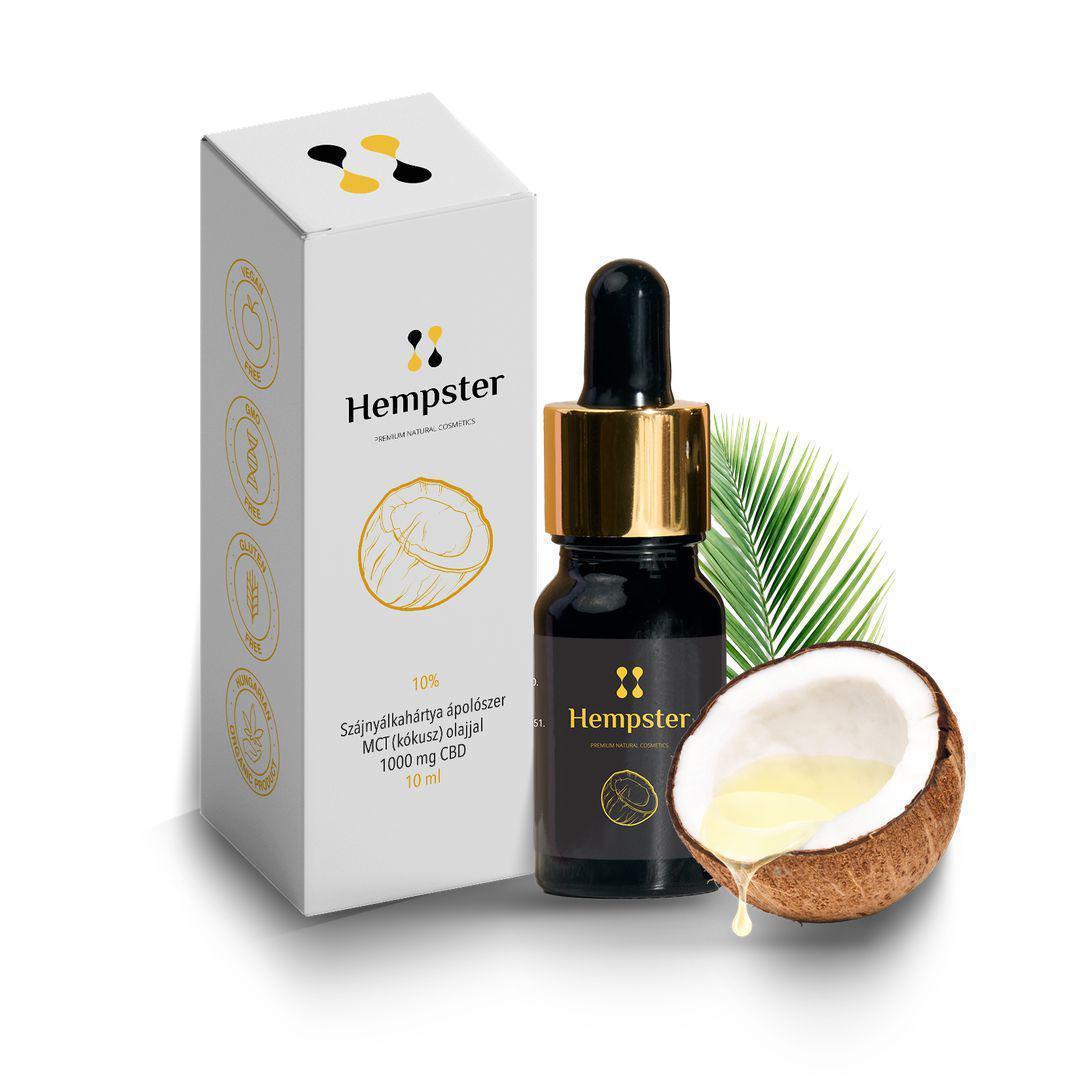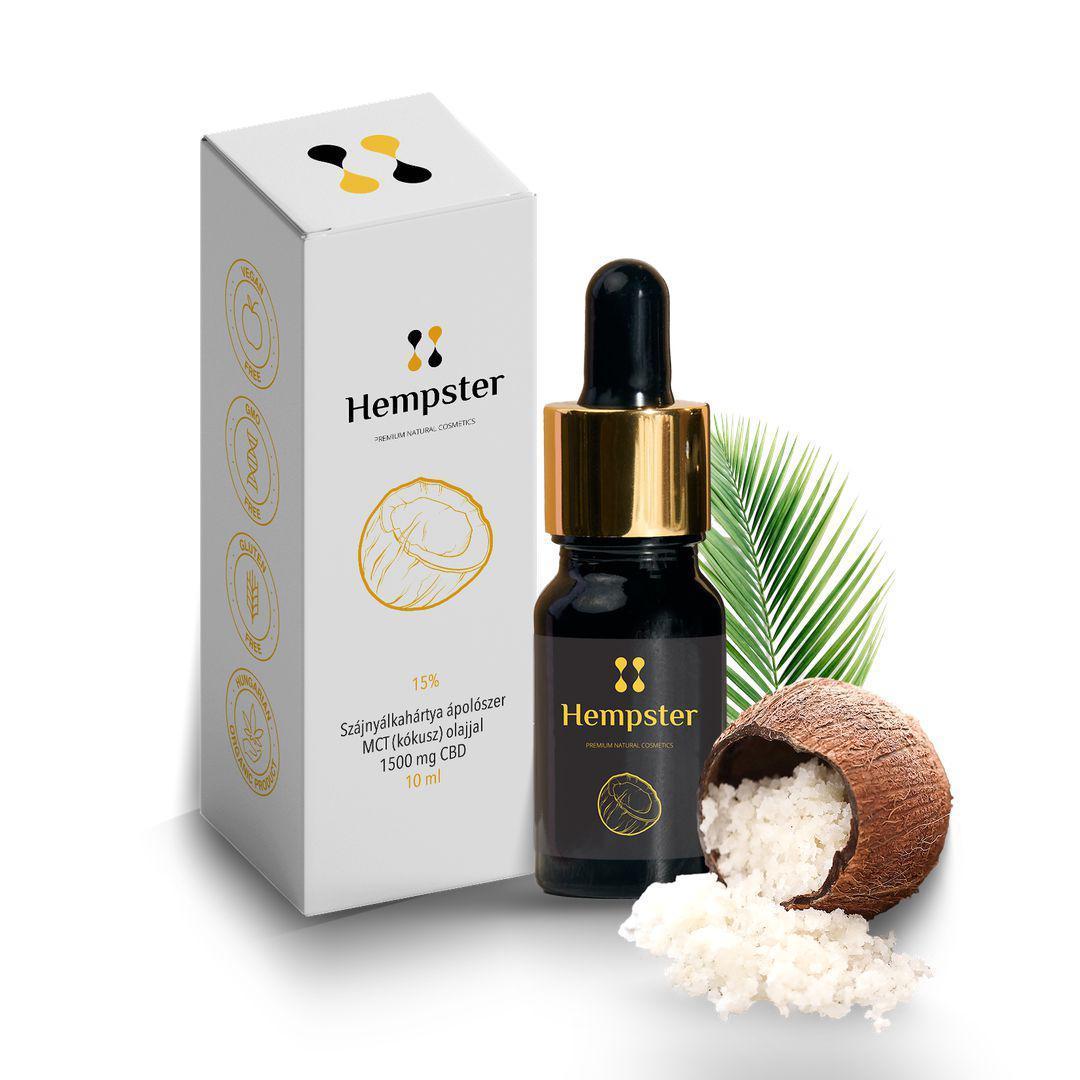
CBD and Alzheimer's Disease: How Can CBD Help Treat Dementia?
Alzheimer's disease ( Alzheimer's disease - hereinafter AD) is the most common form of dementia, which affects millions of people worldwide. As a result of the damage and destruction of nerve cells in the brain, those affected experience memory loss, confusion and a gradual deterioration of their cognitive functions.
Alzheimer's disease (AD) is characterized by progressive cognitive deficits before the normal aging process. Global impairment of patients' cognitive abilities, such as short-term memory loss, spatial disorientation , executive dysfunction , and inability to recognize faces , accelerates physical decline and exacerbates the burden on their caregivers and society. The incidence of AD is predicted to increase in the near future due to increased life expectancy.
In recent years, more and more research has focused on the potential therapeutic effects of cannabidiol (CBD) in the treatment of Alzheimer's disease. In this blog article, we'll take a detailed look at how CBD can help relieve Alzheimer's symptoms and slow the progression of the disease.
Before reading this blog article, we recommend our two previous articles to put the terms into context and make the processes and results of the research even more visible.

Alzheimer's disease and the brain
The main characteristic of AD is the interruption of communication between neurons in the brain and their death. This beta-amyloid in the brain ( It is caused by the accumulation of Aβ) plaques and tau proteins (APP), which inhibit the functioning of nerve cells and eventually lead to cell death. Another hallmark of Alzheimer's disease is brain inflammation and oxidative stress, which further exacerbate disease progression.
Neuroprotective drugs that simultaneously target multiple AD pathologies are currently being studied to alleviate the the harmful effects of the accumulation of beta-amyloid plaques and tau proteins and finally stop the progression of AD. In this context, the cannabinoid and endocannabinoid system (ECS), which regulates various pathological processes associated with AD, has attracted the interest of researchers.
Alzheimer's disease (AD) and the endocannabinoid system (ECS)
The ECS is involved in many physiological and cognitive processes, such as embryonic and postnatal (adolescence, the transition between childhood and adolescence) development, pain perception, appetite, learning, and memory. The ECS includes endocannabinoids , the enzymes required for their synthesis and degradation, and cannabinoid receptors (CB1 and CB2 receptors). Postmortem (autopsy) analysis revealed changes in several components of the ECS in human AD brains. These results suggest that changes in the ECS may play a role in the pathological development of AD . Additionally, clinical trials have reported that cannabinoids may be useful in treating anorexia and behavioral symptoms in patients with Alzheimer's disease or dementia. Therefore, considering the modulatory effects of cannabinoids on the ECS, cannabinoids may be good candidates for the treatment of AD.
Several studies suggest that cannabinoids protect neurons from from neurotoxicity induced by beta-amyloid plaques , ie from a harmful effect on the nervous system, mainly via CB1 receptors. In addition, endocannabinoids prevent it beta-amyloid plaque -induced cell death via CB1 receptors.
A growing body of evidence suggests that CB2 receptors are potential therapeutic targets for the treatment of AD, as genetic modulation of CB2 receptors has been shown to have a neuroprotective role.
Together, cannabinoids can effectively alleviate both amyloid and tau pathologies in AD by modulating CB1 and CB2 receptors.
Alzheimer's disease and cannabidiol (CBD)
Phytocannabinoids are natural cannabinoids found in cannabis plants. There are more than 400 different compounds in the cannabis plant, of which delta-9-tetrahydrocannabinol (Δ9-THC) and cannabidiol (CBD) are the most well-known compounds. These two compounds are contained in the product called Sativex It is also a drug containing a mixture of THC and CBD, which in the United States has been approved by the FDA for the treatment of multiple sclerosis .
Although THC may have complex beneficial effects against AD, such as stimulating CB1 receptors, the concomitant psychotropic effects of THC are problematic. However, CBD exerts several neuroprotective functions through the modulation of different receptors, but it is free from psychotropic effects and is well tolerated. Therefore, the neuroprotective and non-psychoactive properties of CBD have attracted increasing attention for its therapeutic potential, especially with regard to Alzheimer's disease.
Meanwhile, it is important to highlight that CBD activates a wide spectrum of receptors, such as serotonin receptors, vanilloid receptors, adenosine receptors, peroxisome proliferator-activated receptors (PPAR), opioid receptors and dopamine receptors. Therefore, CBD has an interesting therapeutic potential beyond the presumed effect of cannabinoid receptors. For example, it has already been shown that CBD-induced antidepressant or anxiolytic effects, the possible therapeutic use of CBD in neurological diseases is also indicated by its anti-inflammatory properties.
In fact, CBD-mediated anti-inflammatory signaling is very complex and involves increased activation of A 2A receptors or PPARs. PPARs regulate many target genes and signaling cascades and initiate various physiological responses, such as anti-inflammatory activity or cell proliferation - the process by which cells reproduce themselves.
Overall, CBD appears to be an attractive option that meets the requirements of a new preventive AD therapy.

Figure 1: Potential biological targets of CBD in the treatment of AD. Based on the properties of some potential receptor targets of CBD and the well-known mechanism studies of CBD-mediated therapeutic functions, several potential biological targets of CBD have been proposed to be involved in the treatment of AD.

Figure 2: Summary of the main results illustrating the neuroprotective functions of CBD against AD pathology. CBD can be translocated into the nucleus by FABPs and activate nuclear PPARγ to induce gene expression ( a process in which information from genes in cells is transcribed and translated into protein, a process essential to cell function , and regulates several biological processes ), resulting in several improvements in AD against Aβ-induced abnormal changes, such as reduced neuroinflammation, oxidative changes, and apoptosis (active cell death) . In addition, CBD may contribute to the inhibition of tau associated with hyperphosphorylation. Finally, CBD-mediated therapeutic changes promote neuronal survival. Additionally, CBD enhances neurogenesis ( ability to generate new neurons) in AD. Taken together, both CBD-mediated neuroprotection against Aβ-induced pathologies and CBD-mediated increase in neurogenesis may contribute to the improved cognitive functions observed in AD.
Overall, recent studies have provided preliminary evidence for CBD for its therapeutic potential against Alzheimer's disease, anti-inflammatory, antioxidant, anti-apoptotic ( cell death inhibitor) and neurogenic properties. However, several concerns regarding the mechanisms of CBD need to be addressed in further studies. For example, modulation of ECS components is beneficial against AD pathology, but the mechanism by which the cannabinoid receptor directly regulates the neuroprotective role of CBD against AD pathology has not been investigated. Furthermore, it remains unclear whether the pharmacological effects of CBD observed in AD therapy are related to receptors other than PPARγ. Furthermore, whether excitatory neurons and inhibitory neurons respond differently to CBD in AD pathological conditions should be investigated in the future.
Conclusion
Alzheimer's disease is the most common neurodegenerative disease, the most significant form of dementia. Unfortunately, current therapies provide only limited symptomatic efficacy. The ECS regulates various pathological processes associated with AD. CBD, a cannabinoid, may hold promise with the advantage of targeting both cannabinoid and non-cannabinoid receptors. Several reviewed studies suggest that CBD may alleviate symptoms or even halt the progression of AD through its anti-inflammatory, antioxidant, and neurogenic effects. Additionally, CBD is a well-known inverse agonist of cannabinoid receptors, the modulation of which has been reported to be beneficial in preventing AD pathology. Further studies are needed to optimize CBD treatment in terms of therapeutic dosage and timing. PPARγ has been confirmed to be critical for the multifunctional role of CBD, but whether other receptors or signaling pathways are involved is elusive. The availability of these data will facilitate an in-depth characterization of the pharmacological effects of CBD and accelerate the translation of this preclinical study into the clinical setting.
Alzheimer's disease is a serious and often debilitating disease that has a significant impact on the lives of those affected and their families. Although there is currently no definitive cure, CBD appears to be a promising option for treating the symptoms of the disease. With its anti-inflammatory, antioxidant and neuroprotective properties, CBD can help slow the progression of the disease and improve patients' quality of life.
Source: https://www.ncbi.nlm.nih.gov/pmc/articles/PMC8472755/










